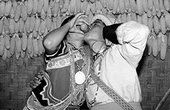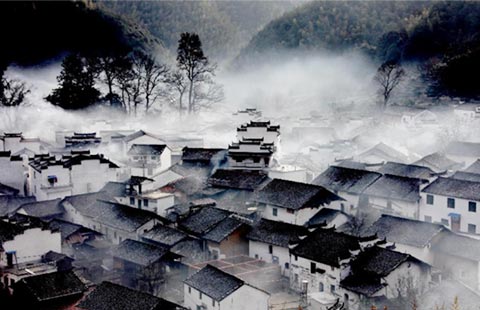New museum gives a hint of things to come
By Lin Qi ( China Daily ) Updated: 2015-05-12 08:32:03
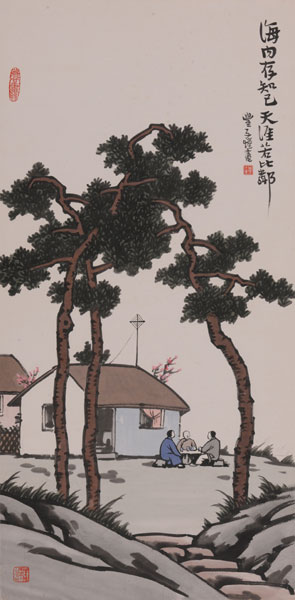 |
|
Ink paintings of master artist Feng Zikai on display. [Photo provided to China Daily] |
The museum cost more than 200 million yuan ($32 million) to construct and occupies some 35,000 square meters. It sits in the Universal Creative Park opposite the 798 Art Zone.
The building consists of several box-like structures of irregular shapes. The design demonstrates "the abstract and multi-dimensional features of contemporary art", and advocates "spirits of freedom and imagination", Zhou says.
Zhu Pei, the architect who designed the museum, says the architecture will offer visitors a novel experience both seeing art and visiting the museum itself. "I hope people can be fascinated by the museum at first sight, then as they get closer to it bit by bit, they will find surprises," he says.
The museum was wholly funded by China Minsheng Banking Corp, an important corporate art collector and a keen contributor to China's booming private art museums. The corporation also owns the Shanghai-based Minsheng Art Museum and M21, another gallery located at the former French Pavilion during the Shanghai Expo 2010.
Reportedly the country's largest private museum in scale, Minsheng's Beijing gallery will present a debut exhibition titled The Civil Power with artworks from the grassroots that have been voted for by the public.
Preparation for The Civil Power exhibition was launched in October, inviting people either with or without an artistic background to submit artworks. In 93 days, the museum received 8,539 paintings, videos, images and mixed-media works, nearly 80 percent of whose creators are age 35 and under.
An academic board of judges narrowed the pool down to 300 entrants in the preliminary round. People can vote for their 20 favorite works before May 26. The finalists will appear at the exhibition.
The current top performer is an installation called The Dictionary produced by Beijing artist Song Xi in 2012. A Chinese dictionary lies open with some words blacked out. Song uses the filtered characters as a metaphor for people's expressions being altered and distorted. If aesthetics and values keep swaying between right and wrong, he questions, especially in the cyber world, how will the culture be carried forward?
The work has so far won more than 101,000 votes.
"The awakening and emergence of grassroots powers have created a fabulous scene over the past three decades. Civil power has become a supporting force in the unprecedented social transformation we're experiencing," says Ai Min, board chairman of Beijing Minsheng Art Museum.
- French artist explores future archeology
- Artist creates Suzhou gardens on leaves
- French street artist beautifies cottages in Shanghai
- French artist tells photographic stories of Beijing
- Cross-dressing artist awaits big onstage moment
- A lifetime of achievement on display at the National Museum
- The beauty of time: Swiss watch exhibition makes splash at Capital Museum Beijing
- Model workers come alive on canvass in Beijing museum
- Rare treasures to be stars of Palace Museum's anniversary
- Capital Museum holds Swiss watchmaking exhibition
|
|
|
|
|
|






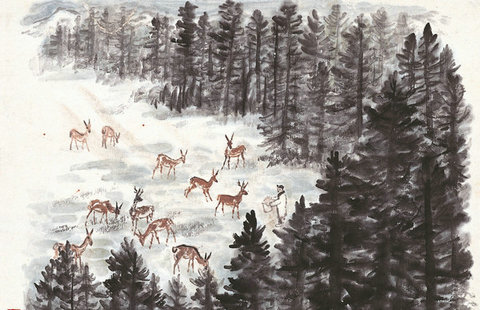
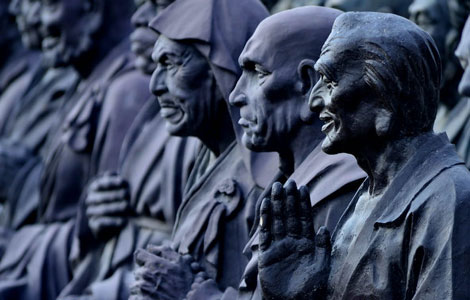

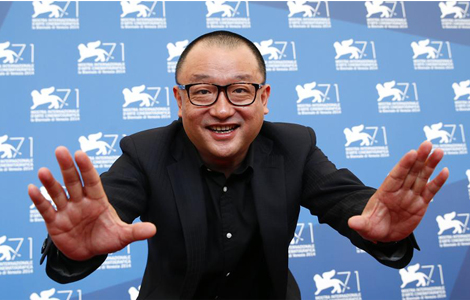









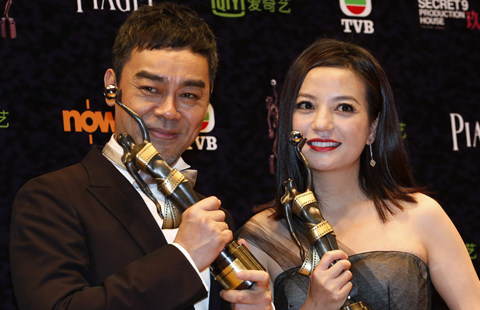
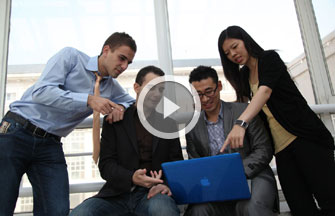
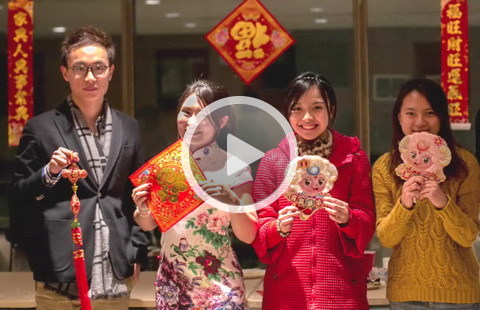
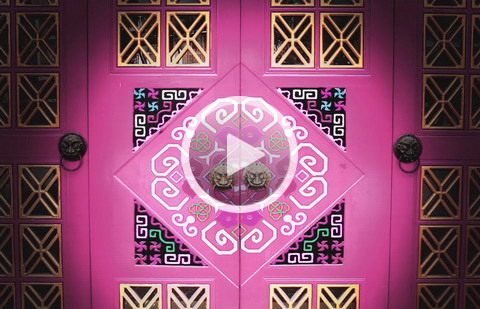
 Raymond Zhou:
Raymond Zhou: Pauline D Loh:
Pauline D Loh: Hot Pot
Hot Pot Eco China
Eco China China Dream
China Dream China Face
China Face





